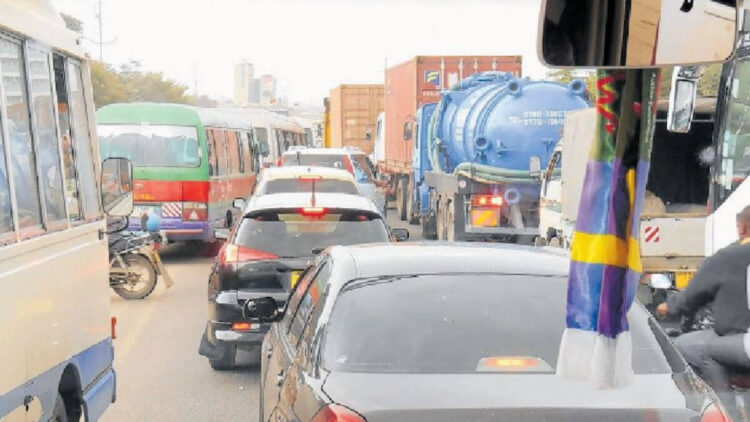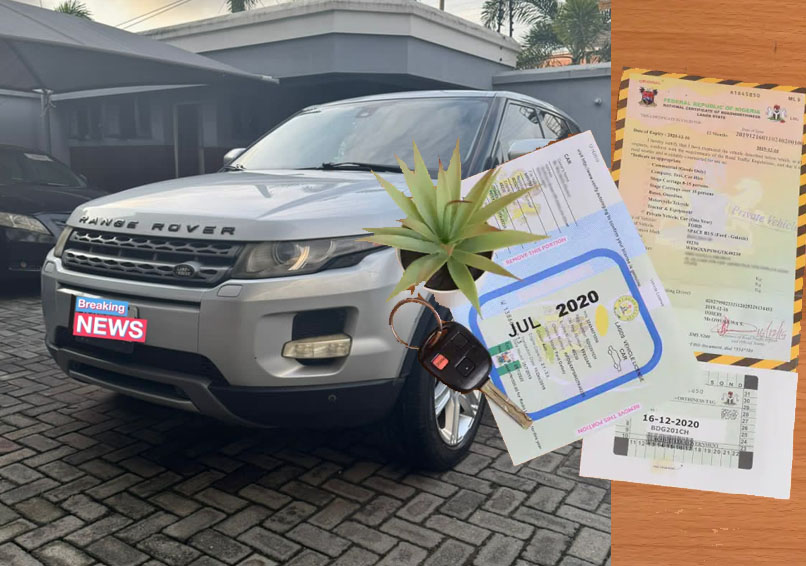It’s very common to find drivers turning off their car engines once they are in traffic. For many, the idea behind this is to save fuel from being wasted while the vehicle idles in traffic. But, does turning off your car’s engine truly help save the fuel in your car?
Table of Contents
In this article, we will be sharing more information concerning the impact of turning off a car’s engine in traffic to save fuel.
The Stop-Start System in Cars
The stop-start system is a technological device built into vehicles to enable them to stop when they are at a place and quickly start once the vehicle takes off. What this means is that the engine of a vehicle with the stop-start device automatically shuts off when the vehicle is at rest to cut fuel use and reduce carbon emissions.
However, the engine immediately restarts automatically once the driver lifts off the brake (or puts the clutch to select 1st gear) to start moving again. The logic is simple: why burn fuel when you are just packed in a location? So, if your vehicle uses the stop-start system, then it sure saves fuel consumption when you are in traffic.
Have 1 million naira and above to Buy or Sell Cars In Nigeria?Check carlots.ng RIght Now RIght Now
How Much Fuel Does It Save?
In a report by experts on Edmunds, they note that vehicle engineers state that the stop-start system in a vehicle has the potential to save fuel consumption by 3-10%, with some stop-start systems saving up to 12% of fuel.
Why? Experts note that it’s due to the wide variety of driving conditions on the road–people who pause briefly at four-way stops have less to gain than those who sit idle at numerous long signals. The longer you sit, the more you save.
It comes down to this: if your car usually manages 20 mpg in the city, it could earn 22 or 23 mpg if it uses a stop-start system.
Can I Save as Much Fuel By Turning Off My Car Manually?
Experts note that you can’t have the same fuel-saving potentials of the stop-start system if you turn off your car manually.
Edmunds states: “The starter motor has to be more robust so it stays reliable despite being used far more often. Likewise, the battery must have deep cycle capability that can endure more frequent draws from the starter. The engine’s crankshaft and rod bearings need to have special low-friction coatings to handle the extra loads placed on them during frequent restarts.
“On a more practical note, you don’t want the stereo, fan, lighting, or wipers to shut down each time the engine winks off, and you don’t want them to hiccup when it starts up again. The entire electrical system must be laid out differently.”
“Because the engine will be off, electric pumps are necessary to keep engine coolant circulating and to maintain hydraulic pressure in the transmission. The air-conditioning system may have additional humidity and temperature sensors to monitor the core temperature of the system during the shutdown period. If it looks as if the passengers might get too warm, the computer can abandon the shutdown cycle.
The stop-start system is controlled by software that knows the best time to stop or start a car, resulting in fuel consumption management. With this software, the engine will stop when the vehicle speed is zero. However, the computer first needs to see steady brake pressure and little or no steering movement: evidence of a routine stop.
The command to start again is given once you release the brakes (or the clutch is depressed) to get the engine back online before the driver has time to transfer his foot to the fuel pedal.
Conclusion
The stop-start system in vehicles helps to regulate the amount of fuel your car consumes when it’s at a standstill in traffic. However, the percentage of fuel this device can help you save is not the same as when you manually turn off your engine in traffic.
Have 1 million naira and above to Buy or Sell Cars In Nigeria? Check carlots.ng
All rights reserved. Reproduction, publication, broadcasting, rewriting, or redistribution of this material and other digital content on carmart.ng is strictly prohibited without prior express written permission from Carmart Nigeria - Contact: [email protected]






